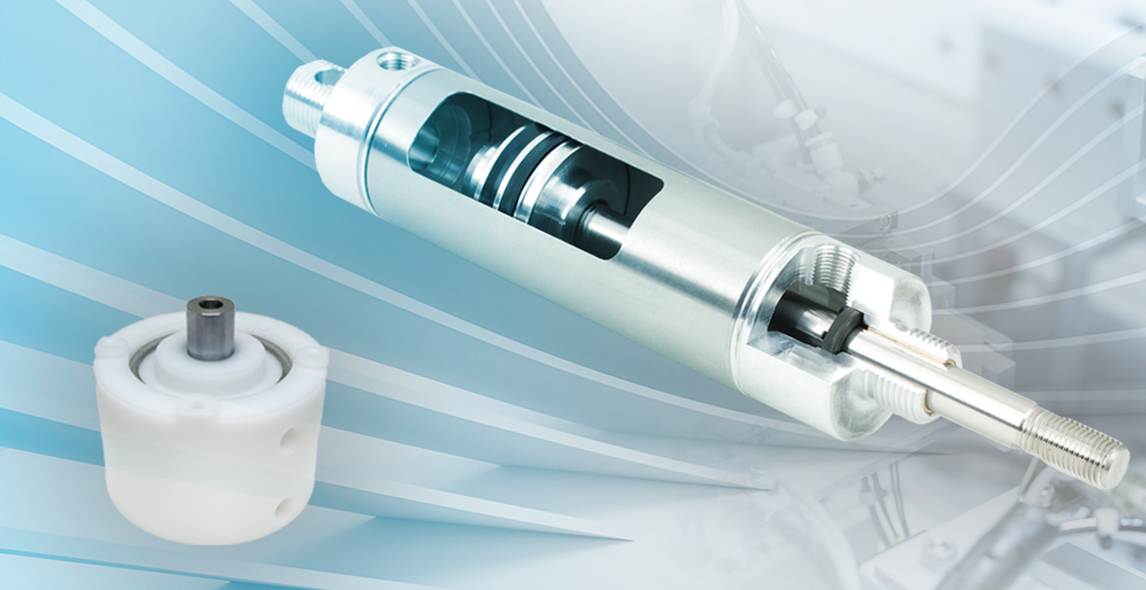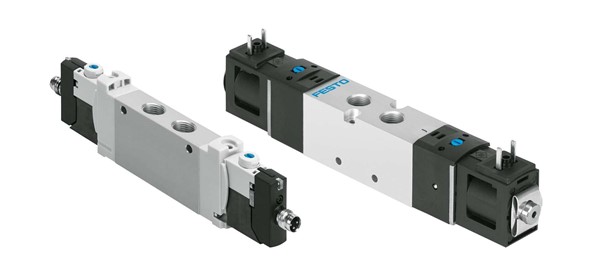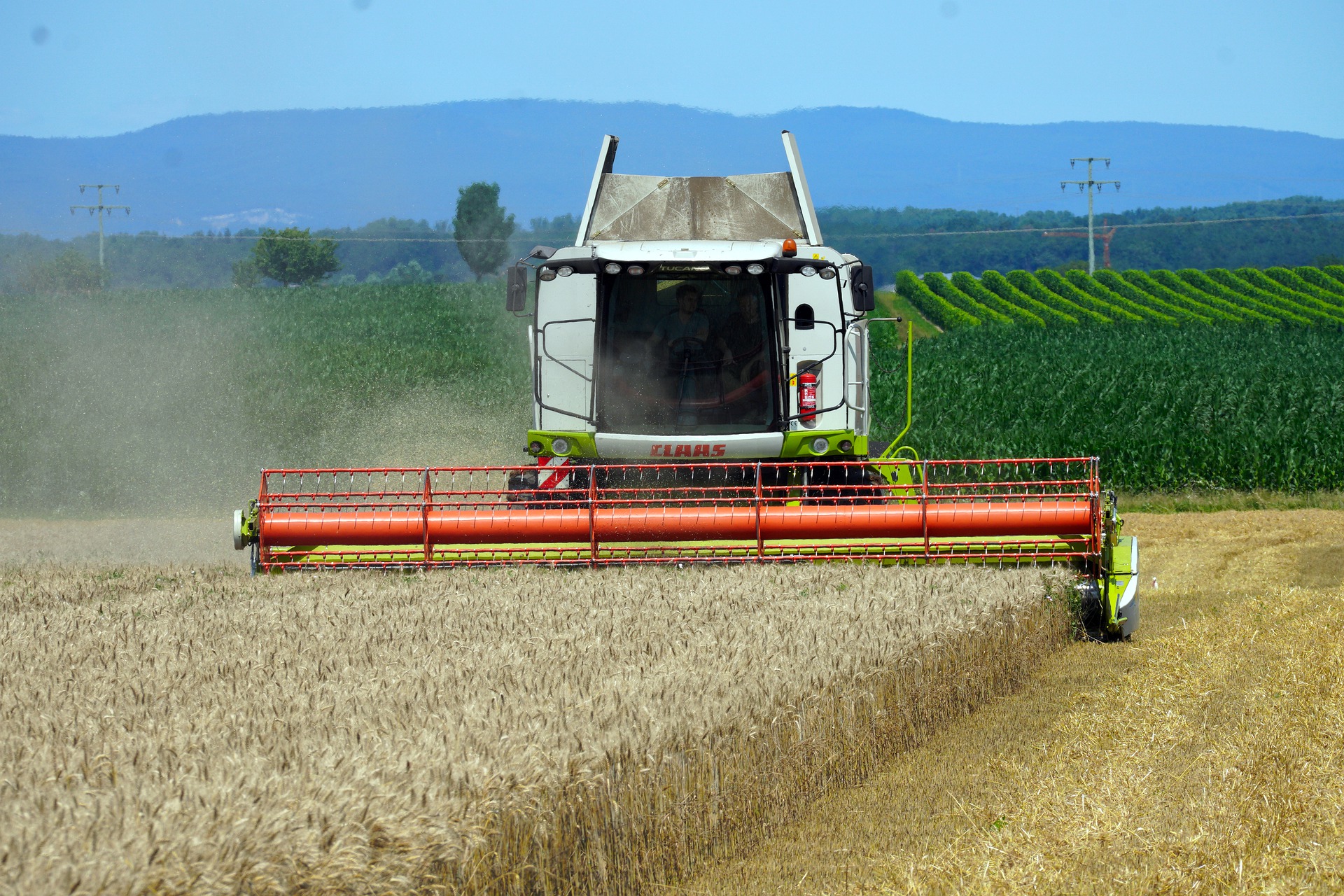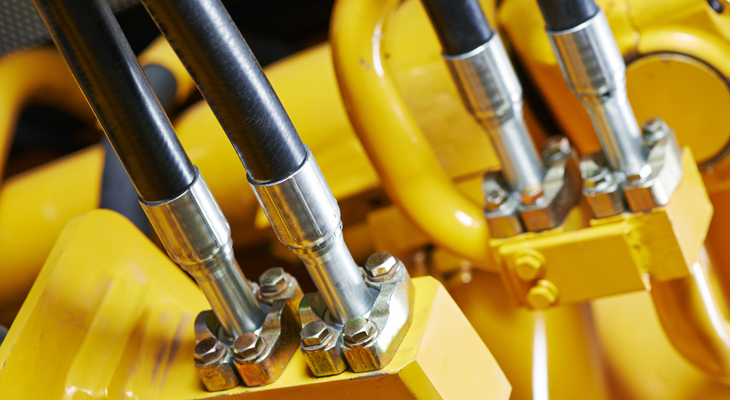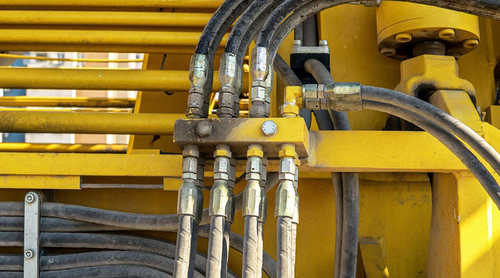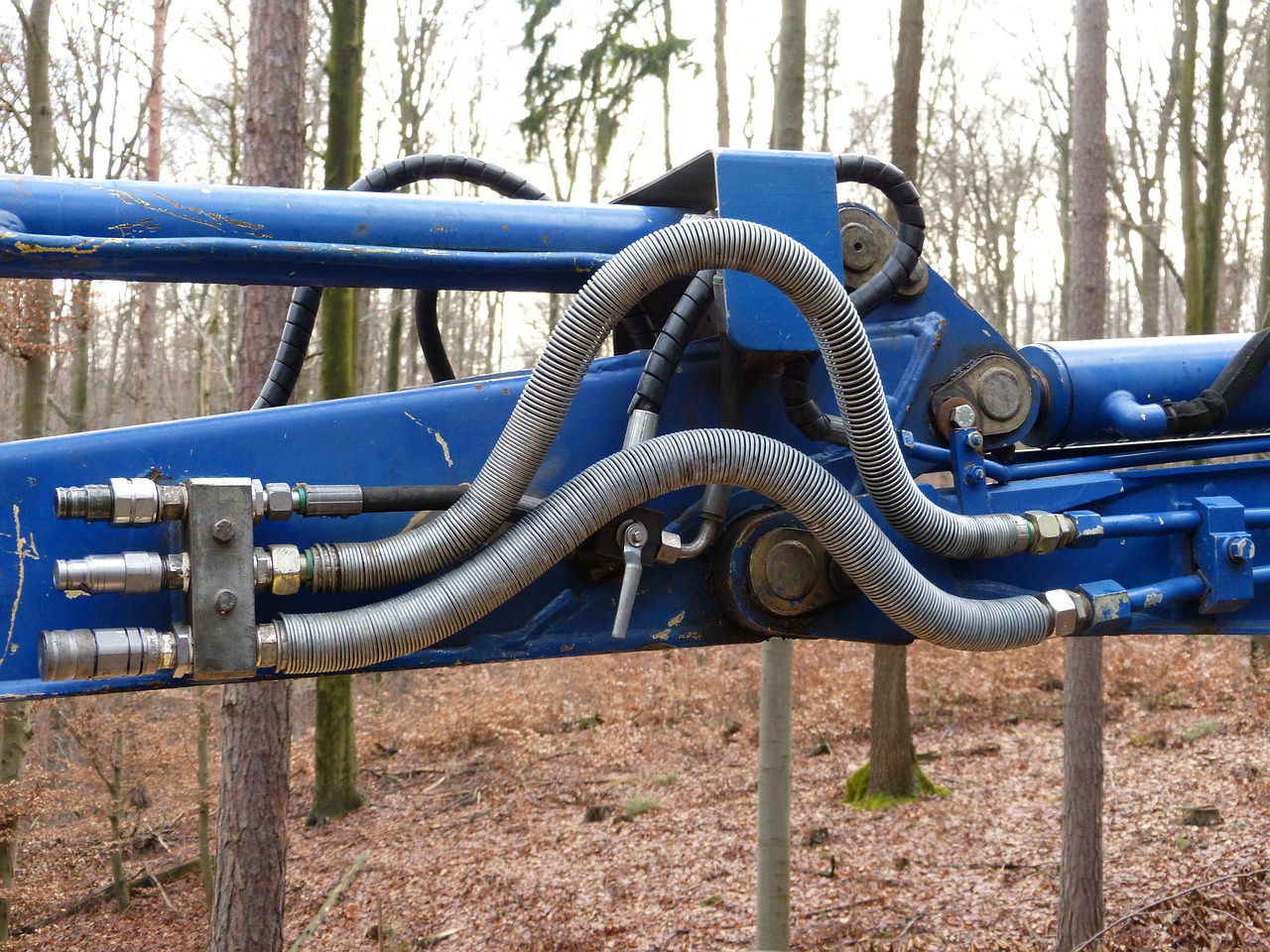The Festo Motion Terminal can help you achieve superior levels of pneumatic regulation for pressure, motion, and flow rate, with the benefits emerging at all stages of the value chain - both...
When Do I Need to Replace My Pneumatic Compressor Valve?
Intense air compression is at the heart of every effective pneumatic system. Compacting air into a confined space allows compressors to imbue dense gas with immense kinetic energy. Pneumatic compression can transfer...
How To Choose the Correct Pneumatic Actuator From FESTO
Pneumatic actuators allow closed, high-pressure air and gas loops to convert kinetic energy into a physical, pushing force. Actuators are a vital part of many plants, workshops, and factories, valued for their...
How Do FESTO Solenoid Valves React to Test Pulses?
If you operate a FESTO electromechanical solenoid valve as any part of a hydraulic or fluid control system, setting up a regular testing schedule is essential. Electrical test pulses ensure the internal...
What’s The Best Lubricant For Agricultural Hydraulic Machinery?
Choosing the right engine oil for your car is well-known to be a confusing business, with a seemingly endless array of oil types, viscosities, and ingredients to consider. (more…)
How To Design An Efficient Hydraulic System
Hydraulic systems combine physics with technology. Finding the perfect blend results in machinery that is powerful and efficient. The basic mechanics underpinning a hydraulic system are easy to understand, but creating an...
Why Size Matters With Hydraulic Hose Assemblies
Any modern hydraulic system more complicated than a simple push-and-return piston relies on hydraulic hoses to work. Hoses are made up of a rubber interior and exterior with a flexible metal framework,...
The Back-to-Front Approach to Hydraulic Maintenance
Whether you're looking to design and set up a new, bespoke hydraulic system from scratch or purchase an off-the-shelf model, it's worth considering the 'working backwards' approach to proactive maintenance. By creating...
Can Having The Right Pneumatic Silencer Improve Productivity And Efficiency?
High-pressure pneumatic loops periodically need to return some of their pressurised air to the atmosphere to stay balanced. Whether they're lifting, pushing, or holding, pneumatic exhausts and outlets help keep the internal...
Supplier Profile: Festo
If you work with pneumatics, the chances are that you will recognise the famous Festo brand. Known for its high-quality solutions, Festo is a trailblazer in pneumatic circuit design. Hydrastar has worked...



